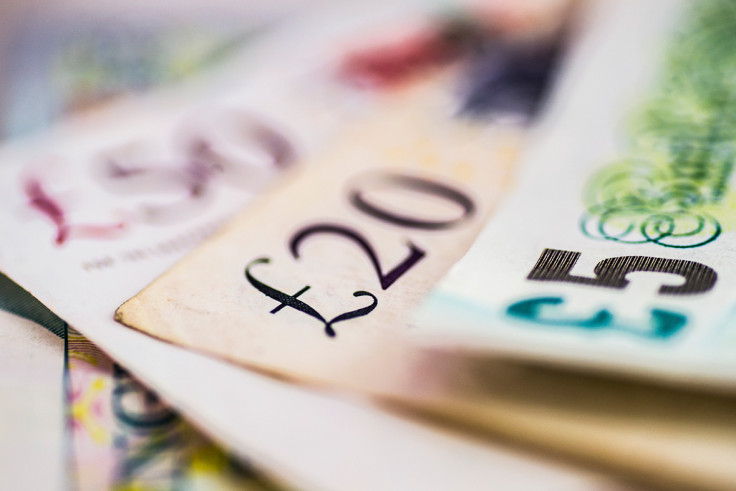Funds braced for poor 'ISA season' as tax year comes to an end ahead of new tax allowances

With the end of the tax year only three days away, British investors have precious little time left to add funds to their individual savings accounts (ISAs) and to make the most of their 2015-16 tax allowances.
Allowances that will not have been used by midnight on 5 April will be lost forever, as the new tax year will bring along a whole new set of allowances and a complete new array of options for investors and savers.
However, while it is obviously important for investors to make the most of their allowances, analysts suggested that some were too concerned with short-term issues and ran the risk of losing focus on their saving goals. "Investors can get drawn into short term issues when it is the longer term that is most important," said Danny Cox, chartered financial planner at Hargreaves Lansdown.
"Market timing matters more the shorter the investment term. For most investors it is more important to be in the market than on the sidelines waiting for the 'perfect' time, which can only be secured with the benefit of perfect hindsight."
Investors leave it late
Despite having the whole of the financial year to add to their tax-free savings, a large number of people tend to submit their applications at the eleventh hour, with 14% of Hargreaves Lansdown Vantage ISAs subscribed in the last week of the tax year.
Some have suggested the tendency to leave things to the last minute is down to the increasingly popularity of online investing – opening an ISA online is very quick and easy and generally takes less than five minutes – others put it down to savers taking a gamble on their allowances in a bid to maximise their returns.
However, the Investment Association, the fund managers' trade body, has warned this could be one of the worst "ISA season" – the time of the year when money is poured into investment funds ahead of the end of the tax year – in memory.
According to data from the Investment Association, investors are withdrawing more money from the stock market than they are putting in, with £399m worth of funds withdrawn in February compared with £1bn that was poured into the market in the corresponding period last year.
"Volatile markets quite naturally affects investor confidence," Cox added. "Despite markets being more than 10% cheaper than they were in April, investors are more nervous about committing new money to the markets."
Will new tax allowances make a difference?
Meanwhile, the changes to tax allowances announced by George Osborne in his Budget Speech on 16 March mean savers will now have different options available to top up their savings funds. For example, this year savers can put as much as £15,240 in their ISAs, but the threshold is set to be increased to £20,000 from April 2017.
At the same time, from April 6, basic taxpayers will not be taxed on the first £1,000 earned in interests. That means basic-rate taxpayers could have almost £75,000 on deposit (earning 1.35%) before they have to pay tax.
However, how will the next allowances be received? Will they restore confidence among investors or will the new legislation put people off ISAs?
"It always takes some time for new allowances to bed in particularly when the tax system is pretty complex and widely misunderstood already," warned Cox. "It's important for people to make best use of these allowances as there are some valuable tax benefits to be gained."
© Copyright IBTimes 2024. All rights reserved.






